How to overcome the fear of getting sick? What is it called?
Wise people say that fear is considered a fundamental feeling that helps to survive. In many respects this statement is true, therefore it is not necessary to try to completely eradicate the ability to fear. Many are afraid of getting sick, the intensity of this fear can range from reasonable to hypertrophied, seriously worsening the quality of life and interfering with normal socialization. How to get rid of this phobia, to regain a normal perception of life and the world around you?
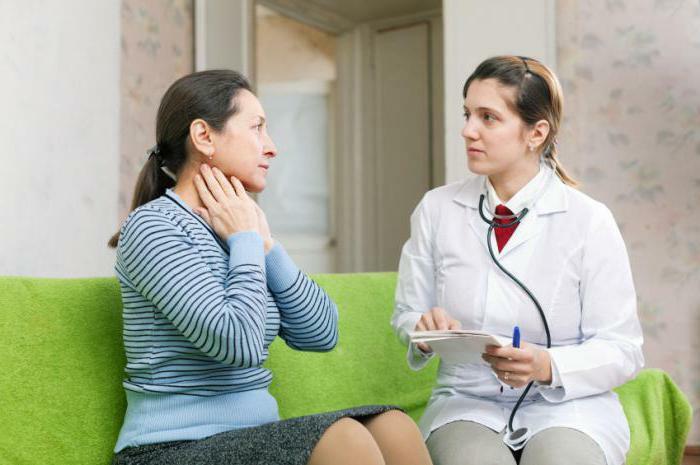
Why are people so afraid of getting sick?
This fear can be considered one of the most ancient. If we consider the historical context, then in the ancient world, and in the early Middle Ages, the disease was the simplest way to turn into a social outcast. And the number of various ailments simply did not lend itself to calculus. The fact that now is treated with antibiotics or even disappeared due to vaccinations, successfully mowed entire cities. Not surprisingly, the fear of becoming ill has taken on a global scale.
For example, any skin disease that can not be identified falls into the category of leprosy. The diagnosis in the overwhelming majority of cases was put by a medicine man, or even a local priest. A person suffering from psoriasis found himself in leprosarium - it's like that in the realm of the dead, only with continued torments and fierce rejection of the society.
Now, when a huge number of diseases still give in to treatment, people can fear intuitively, out of habit, or only on their own impressionability. Of course, there is nothing pleasant about violations of the body's work, but sometimes forms of fear take truly bizarre forms.
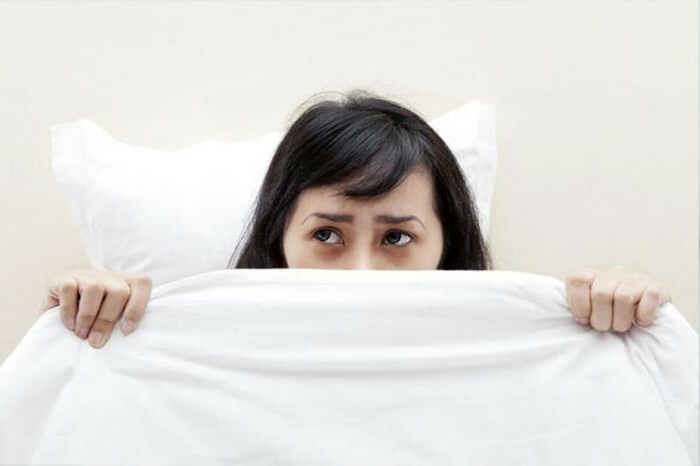
Hypochondriasis: simulation or disease?
If a person is mild to the point that any bodily manifestation is considered as a possible symptom of a terrible disease, it is usually called a hypochondriac. This word received a disparaging and derisive emotional tone, because the fear of getting sick is known for many centuries, and even millennia. If a person is healthy by all indications but sincerely considers himself to be sick or in a risk zone, then, sooner or later, those who are around are annoyed and irritable in critical volumes.
If you are called a hypochondriac, and you really feel unwell, then a sense of guilt can be added. How to fight against this phenomenon? Doctors recommend in the first place do not try to overcome their obsessive-morbid state. It is possible that there is a diagnostic error, and there is some kind of frustration with internal systems. Sometimes it helps to analyze the level of hormones. There is a case where a young man's sensation of soreness has reached critical nervous breakdowns against a background of relatively stable health. The analysis of the level of hormones showed that he has a serious hormonal imbalance, and correctly selected therapy literally in a month turned a nervous and weak man into a completely happy and puffing man. But what if the fear reaches the limit?
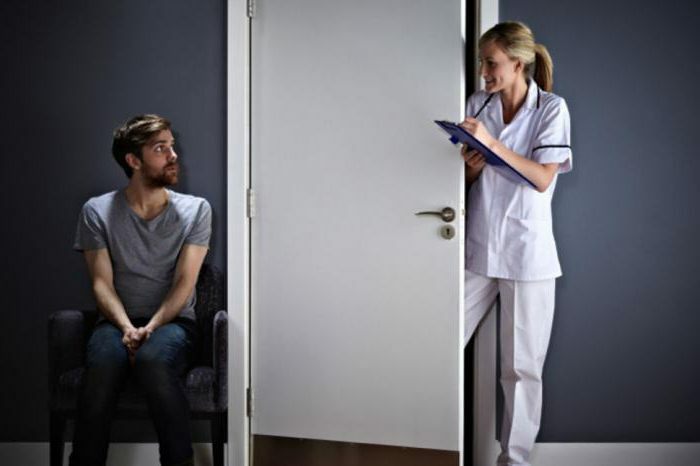
Nosophobia as a serious psychiatric diagnosis
Sometimes people are interested in: "The fear of getting sick is what kind of phobia?"How can you understand that it's time to go and surrender to a psychiatrist? In most cases, such questions do not arise from the victims themselves of panic fear, but from their close people. If one of the relatives behaves inadequately, everywhere suspects insidious microbes, then sooner or later the idea of a diagnosis will appear.
In the movie "It Happens Better", Jack Nicholson played a man who suffers from misofobia, a panic fear of microbes. This phenomenon can be considered an integral part of nosophobia. His character washes his hands only with a new piece of soap, which he then throws away, because microbes can settle on a once used piece. Perhaps this is the most vivid example of pathological phobia.
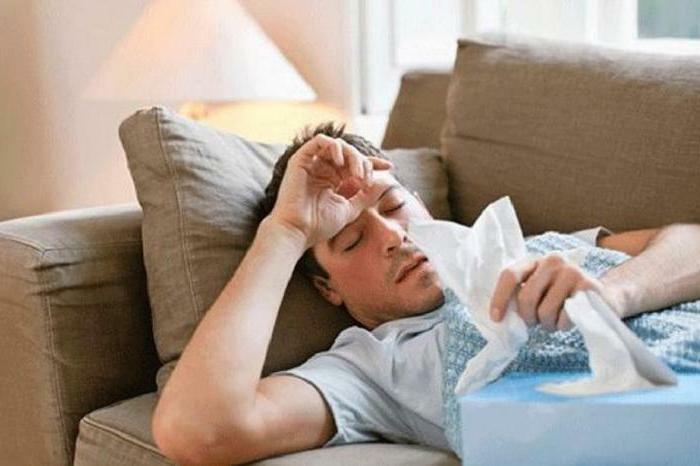
Nosophobia can lead to attacks of panic attack, provokes obsessive states. This is it that makes you constantly boil and iron clothes from two sides, wash every centimeter of the floor with bleach and so on. Do not get annoyed if one of the relatives shows such excessive cleanliness, it is better to turn to a specialist for help. Remember, you can not just pull yourself together and stop, it does not succumb to reason.
Preliminary self-diagnosis
What if you suspect yourself of having a phobia? Perhaps it is worthwhile to make a preliminary diagnosis, follow yourself and, without waiting for a deterioration, go to a psychiatrist. Not to a psychologist, but to a psychiatrist, if there are no problems with his profile, the doctor will recommend to you another specialist and appoint all the necessary tests and examinations. You already know what is called the fear of getting sick - it is nosophobia, which can be fundamental or consist of a complex complex of other small phobias on a general basis.
A sign of phobia can be considered an illogical search for a source of fear even where it is absent. For example, you can catch yourself trying to diagnose each of the people around you to make sure there is no potential danger to yourself. If you have a frightened pulse rate because someone sneezed nearby, and when you enter the clinic you think only that you will surely get infected with something terrible from other patients, you should be alert.

How a fear of falling ill affects the quality of life
A person suffering from nosophobia can be trapped in self-deception. Indeed, because caring for one's own health can not be dangerous, people around are terribly irresponsible to themselves, do not follow the rules of hygiene, eat the wrong food, have many bad habits, neglect the regime of the day. You just need to fix it all, and then everything will be fine, not one insidious virus will get close! A person can think that by his relentless battle with windmills he improves his quality of life, but in practice everything is sliding into a grotesque.
The panic fear of contracting an incurable disease can lead to psychosomatic manifestations, when the symptoms really indicate a disease that is not really there. A feverish attempt to bring to perfection the amount of vitamins in the diet will never reach the result, because it is impossible - physicians openly say that it is necessary to adhere to the notion of the norm, which is very blurred between the facets of excess and lack. As a result, life turns into an agonizing confrontation of illusion, seasoned with fear, and a reality that stubbornly does not want to obey the framework of your personal fears.
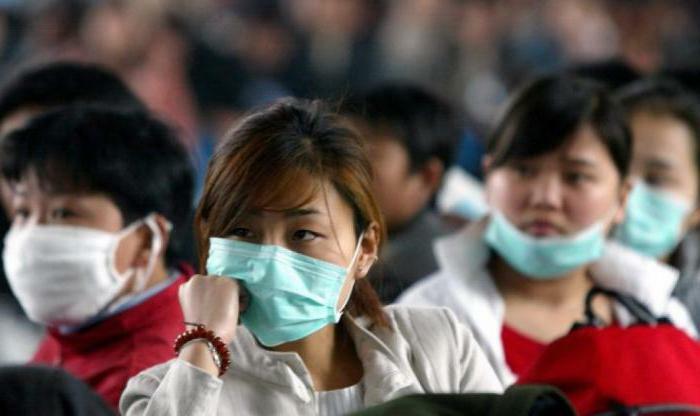
Justified and unjustifiable phobias: logical comprehension as a way to fight
Any person can to some extent pull himself together and weigh all possible options to separate the real risk from the far-fetched. For example, it is well known that tuberculosis can be infected if you communicate with a person who has an open and active form of the disease. But to suspect everyone who has casually coughed the person in this diagnosis is already conjecture. In fact, the fear of getting sick is a natural phobia, not so bizarre as anatidaephobia( when a person is afraid that a duck is watching him).
If you logically comprehend and accept that fear in this case is not childish or funny, it becomes a little easier. It remains only to learn to separate the present from the far-fetched and ephemeral.
Awareness of carcinophobia and a way to combat it
Separately, one can consider the fear of developing cancer as a fairly strong phobia that has a shade of doom. Even despite the rapid development of medicine, which successfully copes with various types of cancer, this diagnosis continues to frighten.
We have to admit that the relatives of those who died of cancer are most likely to be carcinogenic. Doctors recognize that predisposition to cancer can be inherited, but this is so individual that each individual case should be treated separately.
To prevent carcinophobia from losing its self-control to such an extent that it becomes difficult to exist in society, compliance with the recommendations of physicians helps best. Namely - if possible, exclude carcinogenic factors from your life, quit smoking, undergo regular physical examinations. The main thing at the same time is to remember that early diagnosis allows you to count on a maximally positive prognosis, even if a tumor is detected.
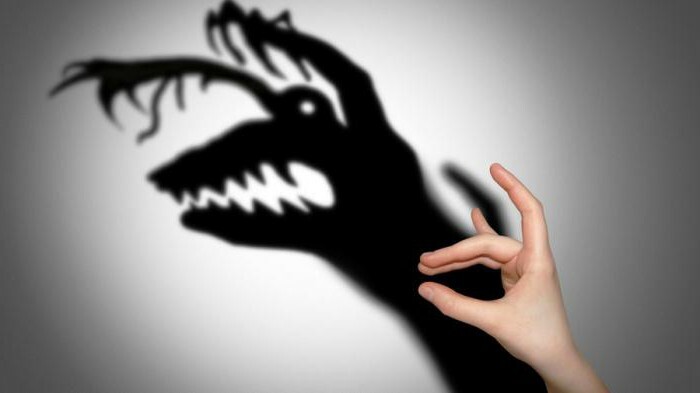
Awareness: a way to ease nosophobia
As mentioned above, the correct information allows you to cope with unreasonable fears. In this case, it is desirable to carefully choose sources of information - dubious Internet sites with non-professional articles can only spark fears.
Try to protect yourself from frightening information, this allows you to maintain self-control. In the period of epidemics, the media are beginning to escalate hysteria, and it is useful to know that this is done for the sole purpose: to provoke the heavy consumption of medications with unchecked efficacy, which fills the pockets of pharmaceutical corporations. This does not mean that you need to hide in an apartment and do not trust anyone - physicians, as a rule, prescribe effective drugs. But to put yourself a diagnosis yourself and "to be treated on the Internet" is not worth it.
Professional medical care
Why is it recommended to contact a psychiatrist? There are two main mistakes made by people who suspect themselves of having a phobia: self-medication and non-core care. It would seem, if one is tormented by the fear of getting cancer, how to fight, because it's just fear? So, you need to pull yourself together and stop - that's what people think and fall into a trap, because without a professional treatment the condition can worsen. Psychology, too, will not help much, because a phobia, especially neglected, is a serious problem that needs to be treated in a comprehensive way. The usual soul-saving conversations are indispensable here. The doctor will help reduce overall anxiety, and only if it is really necessary, will refer to a therapist.
Not afraid of being sick is normal
Not every fear is really a phobia. In fact, fears are absolutely normal, and if the fear of getting rabies is only a refusal to stroke an unfamiliar homeless dog or a sweet chanterelle that seems completely harmless, it's not a phobia. This is just a reasonable fear that helps to maintain health.
